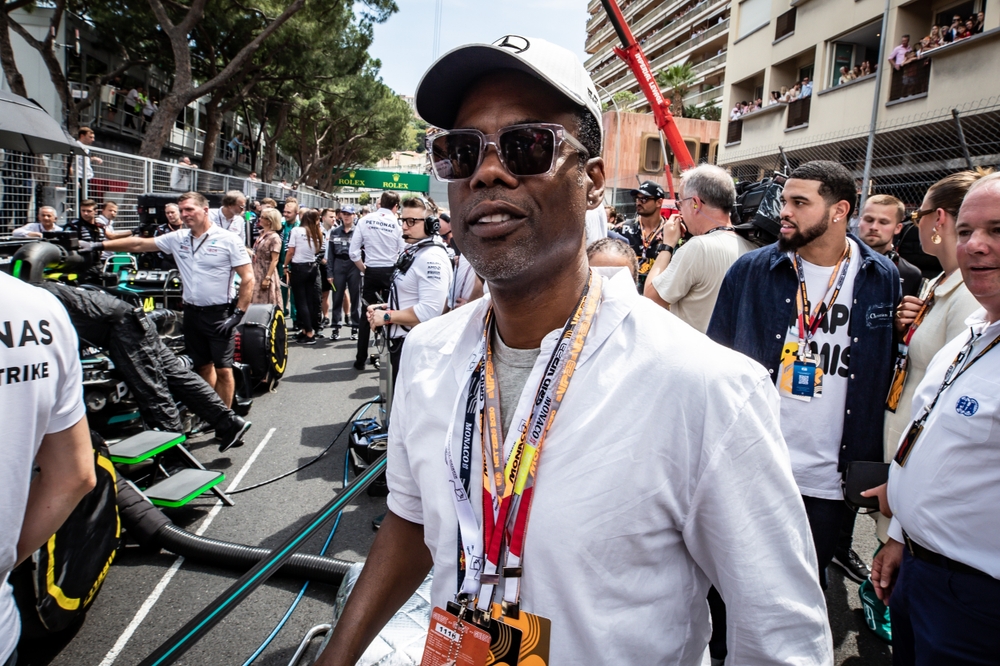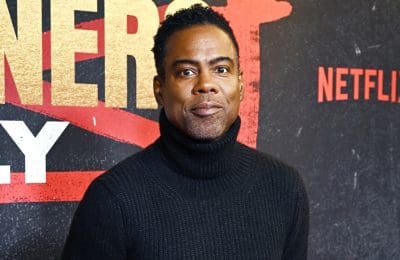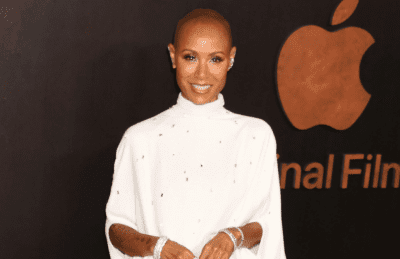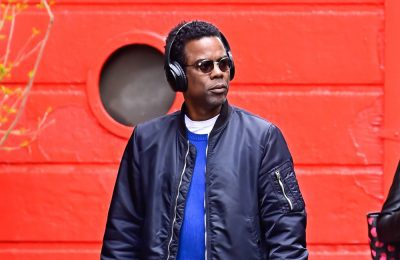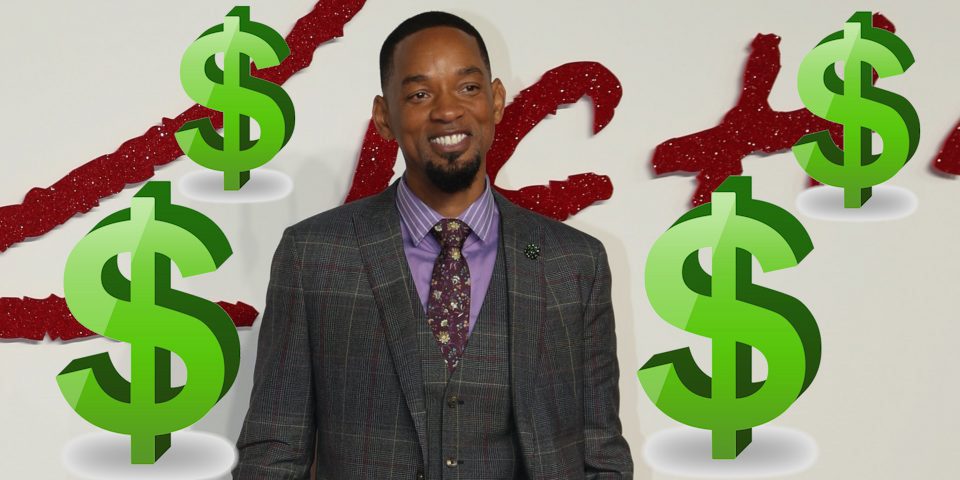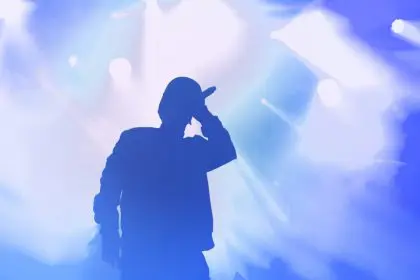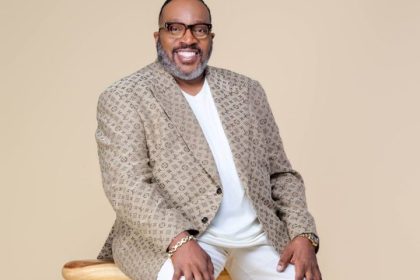A private Christmas celebration hosted by billionaire Anthony Pratt recently became the center of attention when comedy legend Chris Rock walked off stage after discovering unauthorized recording by audience members. The incident has sparked a larger conversation about respect, authenticity, and the boundaries between performers and their audience in the digital age.
A brother’s passionate defense
Tony Rock’s outspoken defense of his brother’s actions has brought the issue of unauthorized recordings at comedy shows into sharp focus. His candid interview with TMZ revealed the deep frustration felt by many comedians when their creative process is compromised by premature exposure of their material. The younger Rock’s colorful language and passionate stance underscore the serious nature of this issue within the comedy community.
The art of live performance
Comedy, at its core, is an art form that thrives on the immediate connection between performer and audience. When Chris Rock took the stage at Pratt’s exclusive gathering, he did so with the understanding that his performance would remain a private, live experience. The violation of this agreement through unauthorized recording struck at the heart of this sacred performer-audience relationship.
The ripple effect
The incident’s aftermath saw country music star Keith Urban stepping in to entertain guests for ninety minutes following Rock’s departure. This unexpected turn of events transformed what should have been a straightforward comedy performance into a broader discussion about artistic integrity and audience responsibility in the modern entertainment landscape.
Impact on creative development
Tony Rock’s analogy comparing recorded unfinished comedy to incomplete dishes and cars resonates deeply within the entertainment industry. Comedians typically refine their material through multiple performances, adjusting timing, delivery, and content based on audience reactions. Premature recording and sharing of this development process can severely impact a comedian’s ability to perfect their craft.
The digital age dilemma
In an era where social media dominates content consumption, comedians face unprecedented challenges in protecting their intellectual property. The instant gratification culture of sharing and posting conflicts directly with the methodical process of developing and perfecting comedy routines. This tension creates a complex dynamic between performers and their audiences.
Industry-wide implications
The incident has reverberated throughout the comedy world, prompting many performers to speak out about their own experiences with unauthorized recordings. The discussion has expanded beyond this single event to address broader questions about how the comedy industry can adapt to changing audience behaviors while preserving the integrity of live performance.
Audience responsibility
The controversy raises important questions about audience etiquette in the modern era. While the desire to capture and share memorable moments is understandable, it must be balanced against respect for performers’ wishes and the impact on their creative process. This incident serves as a reminder that being present in the moment often creates more meaningful experiences than viewing life through a phone screen.
Legal and ethical considerations
The unauthorized recording of comedy performances raises both legal and ethical concerns. Many venues and performers explicitly prohibit recording, yet enforcement remains challenging. This incident highlights the need for clearer guidelines and consequences regarding audience recording behavior.
Setting new standards
As the comedy industry evolves, this incident may serve as a catalyst for establishing new norms and expectations around live performances. The balance between artistic integrity and audience access continues to shift, requiring both performers and viewers to adapt to changing circumstances.
The future of live comedy
This controversy points to larger questions about the future of live comedy in an increasingly digital world. As performers and audiences navigate these challenges, the industry must find ways to preserve the spontaneity and intimacy of live performance while acknowledging the realities of modern technology.
The incident at Anthony Pratt’s Christmas party represents more than just a momentary disruption; it highlights the ongoing tension between artistic integrity and audience behavior in the digital age. As the comedy industry continues to evolve, finding solutions that respect both performers’ rights and audience expectations will be crucial for the future of live entertainment.

